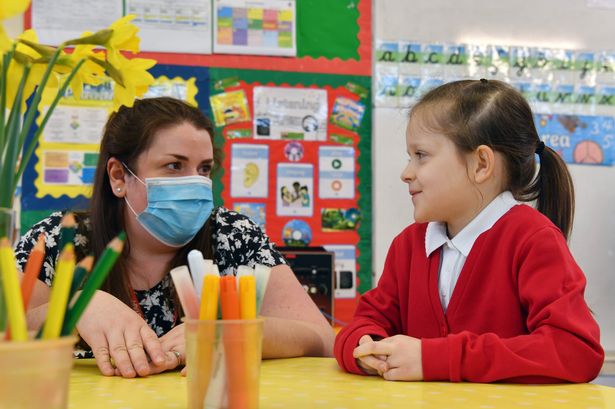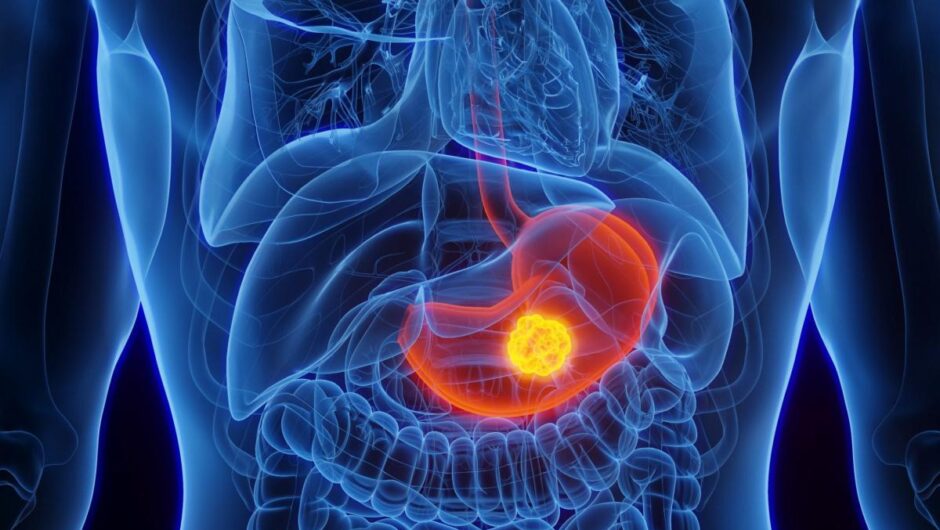[ad_1]
The coronavirus morning headlines for Thursday, February 25, as the latest figures for Wales show that infection rates have reduced to levels not seen since September.
The latest Public Health Wales figures show that 13 more people have died with coronavirus and more than 200 new positive cases have been identified.
The Wednesday figures revealed that 236 new cases of Covid-19 have been confirmed in the latest 24-hour period. This brings the total since the start of the pandemic to 202,560.
The number of people who have died with coronavirus in Wales within a month of a positive test now stands at 5,263.
The infection rate across Wales has dropped to 75.7 per 100,000 population based on the seven days up to February 19, the lowest since September.
At the latest coronavirus briefing, health minister Vaughan Gething told people: “The public health situation in Wales continues to improve thanks to everything you are doing.
“Because of you, cases of coronavirus in Wales are now at their lowest level since the end of September.
“There are now around 76 cases per 100,000 people. Cases are falling in most parts of Wales and The R number is between 0.6 and 0.9.
“At the same time, our vaccination programme continues at pace thanks to the enormous efforts of everyone involved right across Wales.”
The latest data also shows that 878,506 people have now received a first dose of the coronavirus vaccine, up 8,853 from the figure of 869,653 published 24 hours earlier. On Wednesday the health minister announced that all adults in Wales will be offered a Covid-19 vaccine by July 31.
Meanwhile 59,279 people have now received both doses of the vaccine, a rise from 49,729 on Tuesday. Cases for your area here.
Plan to have all adults vaccinated by July 31
All eligible adults in Wales will receive a coronavirus vaccine by July 31, health minister Vaughan Gething has announced.
Mr Gething was speaking at the latest Welsh Government coronavirus briefing in Cathays Park yesterday (Wednesday, February 24). Follow live updates from that here.
He said that Wales would be able to offer a vaccine to all eligible adults by July 31, provided that the supply promised by the UK government was fulfilled.
He also announced a significant increase in testing to identify asymptomatic cases. There will be rapid tests offered to public and private organisations with more than 50 employees – with the priority given to workplaces with a higher exposure to risk.
He said: “These plans will involve over 250,000 workers across Wales having access to weekly testing using tests which produce results in under half an hour.”
There will also be targeted community testing in Bridgend, Merthyr and RCT.
Mr Gething said: “By expanding testing to detect more cases more quickly, particularly those that are asymptomatic, we may well see an uptick in the figures for the prevalence of the virus in Wales.
“An increase in the reported number of positive test results is not, in itself, necessarily a bad thing – if the basis for that increase is understood and swift action taken to stop transmission.”
Exam announcement for English students
UK Education Secretary Gavin Williamson is to set out how the grades of hundreds of thousands of students in England will be awarded this summer in a bid to avoid a repeat of last year’s exams fiasco.
Ahead of his announcement in the Commons on Thursday, Mr Williamson said the Government would be “putting trust in teachers” after A-levels and GCSEs were cancelled for a second successive year due to the pandemic. In Wales, it was announced last month that exams here will be graded by teachers instead of using exams or externally-graded tests.
In England, schools will be given wide flexibility in deciding how teachers assess their pupils, based on those parts of the curriculum they have been taught.
Exam results will be published earlier than usual, with A-level grades published on August 10 and GCSE students receiving their results two days later on August 12. No change of date has been announced in Wales.
The move is expected to allow more time for pupils unhappy with their grades – particularly A-level students looking to secure university places – to submit appeals.
Exam grading descended into chaos last year with the A-level results of thousands of students downgraded due to a controversial algorithm used to standardise teachers’ estimated grades.
Following a public outcry, exams regulator Ofqual announced a U-turn, allowing students to use their teachers’ predictions.
In the aftermath, Mr Williamson resisted demands for his resignation, although the chief regulator at Ofqual and the most senior civil servant at the Department for Education both stepped down, leading to accusations that officials were being scapegoated.
On Wednesday, Mr Williamson confirmed an algorithm would not be used this year.
Doubt cast on foreign holidays this summer
Wales’ health minister Vaughan Gething has raised significant doubts about the prospect of people taking holidays abroad this summer.
He said that it was too far into the future to forecast properly and that lots of elements needed to be taken into consideration before extensive travel was possible including the vaccination programmes in other countries. Read what he had to say here.
Meanwhile, UK Transport Secretary Grant Shapps has said it is still too soon to be able to say when foreign travel would be able to open up again.
“Now we’ve got this genuinely world leading vaccination programme with 18 million people vaccinated,” he told ITV’s Peston programme.
“But, we know that there are very few locations in the world that you could go to in the short term where the population is that highly vaccinated.
“As a result we need to look at all the various different measures, which needs to include things like the extent to which testing can be used to open up travel.
“Now all of that needs to go into the mix.”
UK Government launch advertising campaign
It comes as the Government launched an advertising blitz to remind people of the need to still “stay at home” despite declining coronavirus transmission rates, the success of the vaccine rollout and the launch of the road map out of lockdown.
The campaign urges people to keep going with behavioural changes including mask wearing, social distancing and hand washing.
Under plans set out by Boris Johnson on Monday, England’s stay at home order will remain in place until at least March 29 despite the minor easing of restrictions and the return of schools on March 8.
In Wales, First Minister Mark Drakeford has said that the stay-at-home message is likely to change in the next review on March 12.
England’s chief medical officer Professor Chris Whitty said while infection rates were falling, overall numbers remained “very high”, putting pressure on hospitals across the country.
“Vaccines give clear hope for the future, but for now we must all continue to play our part in protecting the NHS and saving lives,” he said.
Two doses of vaccine produces high numbers of antibodies
New research suggests people of all ages who have had two doses of the Pfizer/BioNTech coronavirus vaccine produce high numbers of antibodies.
The Imperial College London and Ipsos Mori study, React-2, said data had indicated 87.9% of people over the age of 80 tested positive for antibodies after two doses.
That rose to 95.5% for those under 60 and 100% in those aged under 30.
However, researchers said there was not enough data to say how protected someone may be from the virus based on a positive antibody test result, and it did not mean they were immune.
Cases for your area by postcode:
People put off seeking help’ for cancer symptoms during lockdown
A new study by researchers at Cardiff University has found that a significant number of people with potential symptoms of cancer did not seek medical help during the first six months of the pandemic.
Some did not even seek care for worrying signs like coughing up blood or an unexplained lump or bump.
Experts called for a concerted effort to remind the public that NHS services are open safely.
The NHS has already been running campaigns encouraging people to seek help for potential cancer symptoms.
It has raised particular concerns about a dip in the number of people being treated for lung cancer, warning that thousands fewer are being treated than would be expected.
A UK-wide survey found that nearly half of people who experienced possible cancer symptoms between March and August last year did not contact their GP.
Researchers from the university and Cancer Research UK examined the experiences of 7,543 people.
A total of 40.1% of participants say they had experienced one potential symptom.
And among this group, 44.8% of people did not contact their GP.
Three in 10 of those who were coughing up blood did not seek help, nor did 41% with an unexplained lump or bump or swelling.
And 58.6% of those who noticed the change in appearance of a mole – a key sign of skin cancer – did not seek help.
[ad_2]
Source link



